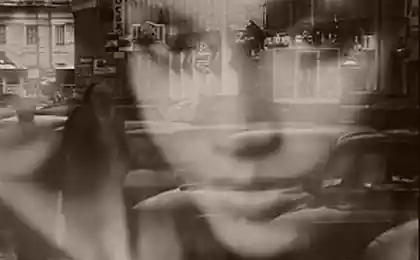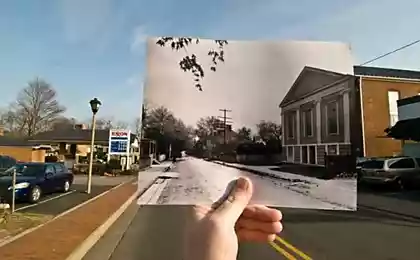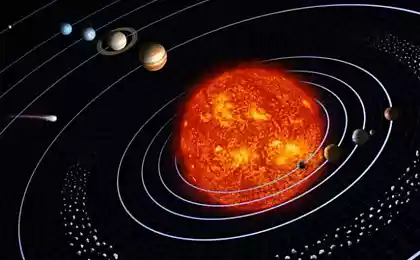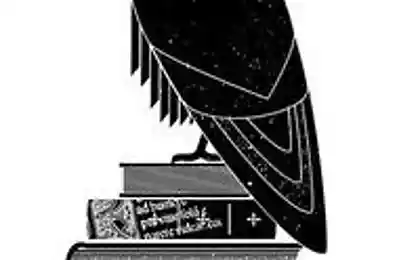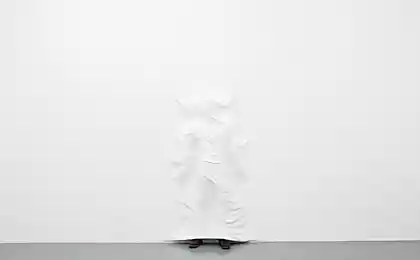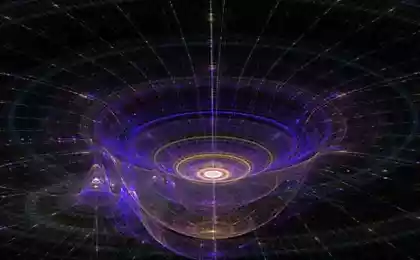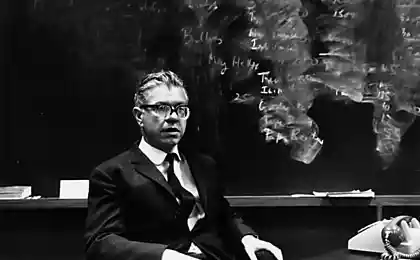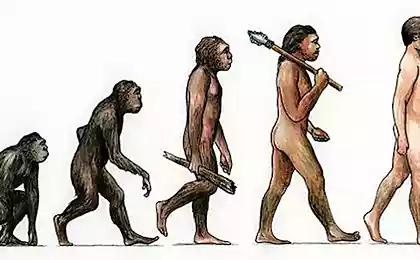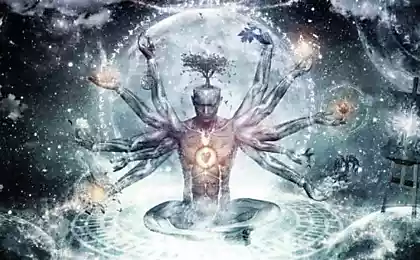590
Several scientific theories about the origin of deja vu

Despite the fact that the phenomenon of deja vu can not be called rare, science knows about it is not so much. Its occurrence is unpredictable, it lasts a moment, and no traces that could be registered, does not leave behind. Only no assurances confirmed: "I have just had a déjà vu!»
To date, there are several theories as to its origin.
1. Neural razryady

It turned out that people with epilepsy in the early bouts of illness, too often experiencing deja vu. This discovery allowed us to study this phenomenon in more detail. Epileptic seizures are caused by changes in the electrical activity of neurons in the focal area of the brain. Neural activity can spread like a shock wave in the earthquake throughout the brain, including the middle temporal lobe, which plays a key role in keeping long-term memories. From this before the seizure of epilepsy and there is a deja vu.
To determine the units from which signals are deja vu, researchers measured neuronal activity of the brain of such patients. That department was the olfactory bark. As a result, it has been suggested that déjà vu - the result of a dysfunctional electrical discharges in the brain. Such neuronal discharges can occur in people without epilepsy. An example is the involuntary tremors that sometimes occur while falling asleep.
However, some researchers believe that déjà vu epilepsy patients and healthy people - different phenomena, and point to the fact that first it can last for a long time, the second - always fleeting.
2. Failure work pamyati

Deja vu in healthy individuals can be the result of failure of the memory, which is divided into short and long term. Deja vu happens, according to some scientists, because of the difference in storage systems that handle new experiences. Information can somehow bypass the short-term memory and to get directly into the "daddy" in the brain, where it is stored long-term. This explains that a new event or phenomenon seems very familiar, but not enough "material" is now a memory.
3. Response to the familiar detali

Another theory is that deja vu may be a reaction memory systems of the brain in the familiar details of a completely new experience. For example, when you are in a foreign country come to the restaurant with the details in the interior design, similar to the design of the restaurant in your hometown.
So far we only have theories, but science does not stand still and sooner or later the mystery, like many others, who thinks of us our gray matter is solved.
Source: www.mixstuff.ru
via factroom.ru
In the US, we developed a synthetic muscle that runs on water
Perhaps the human hand has acquired a form of the ability to develop an effective fist
